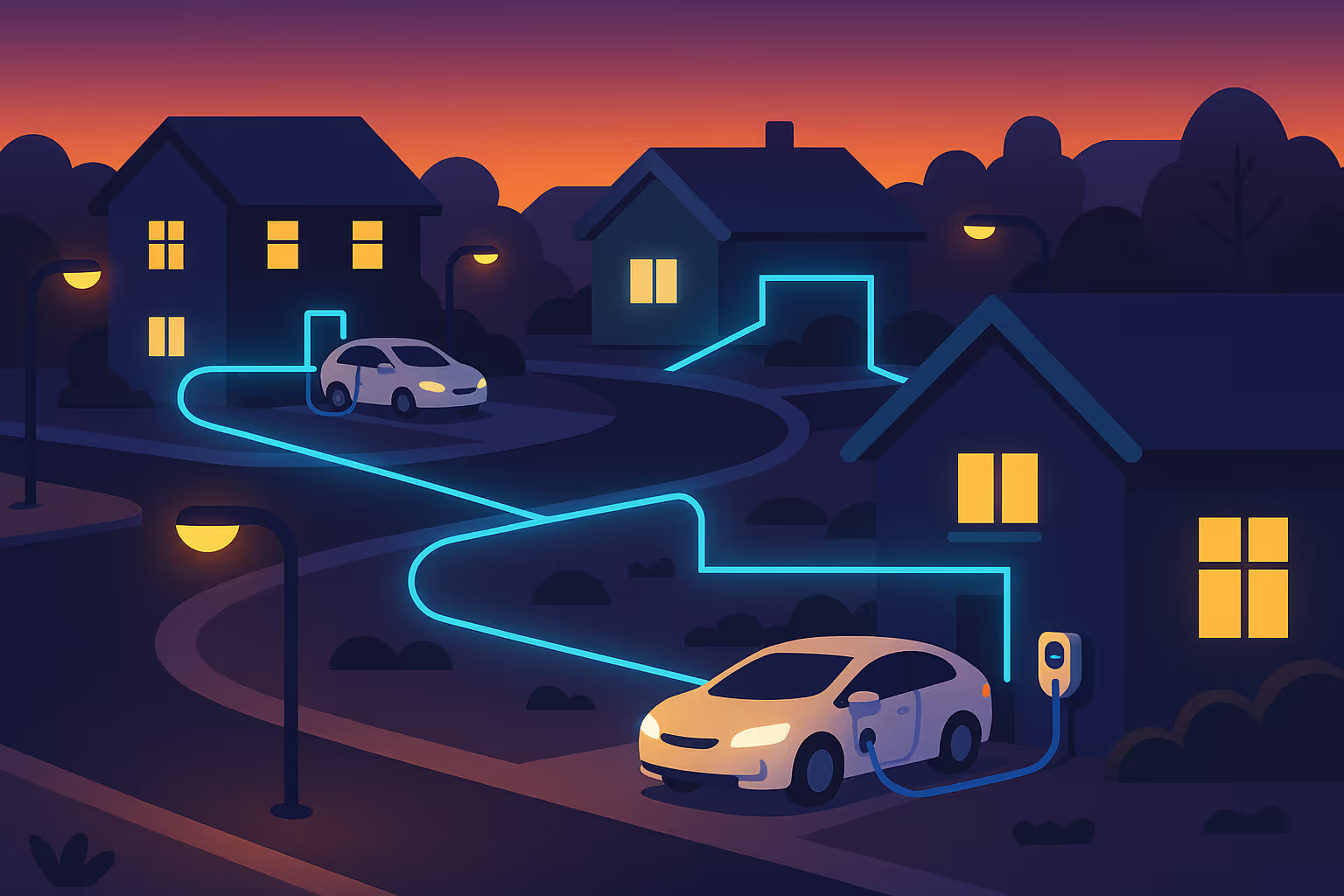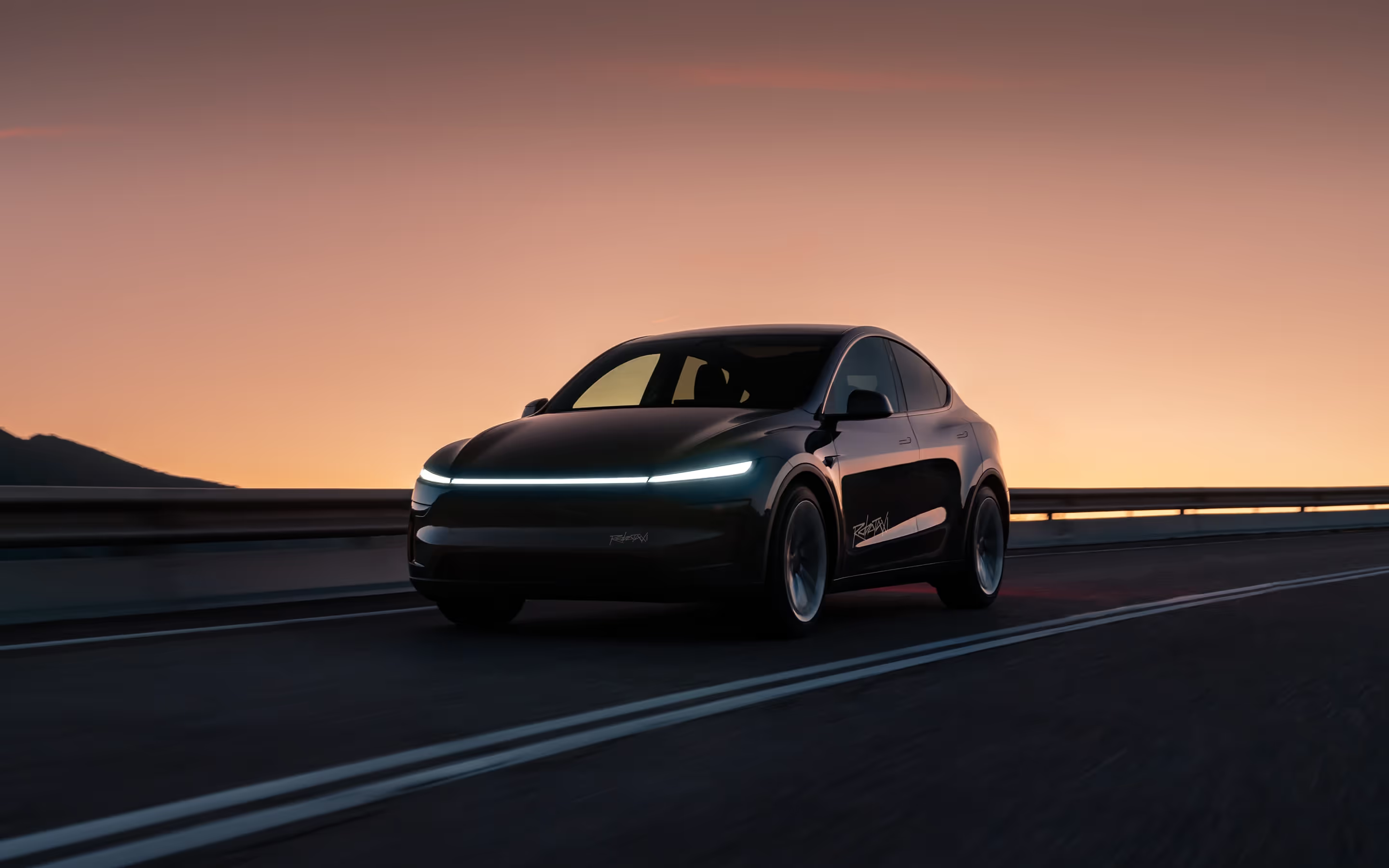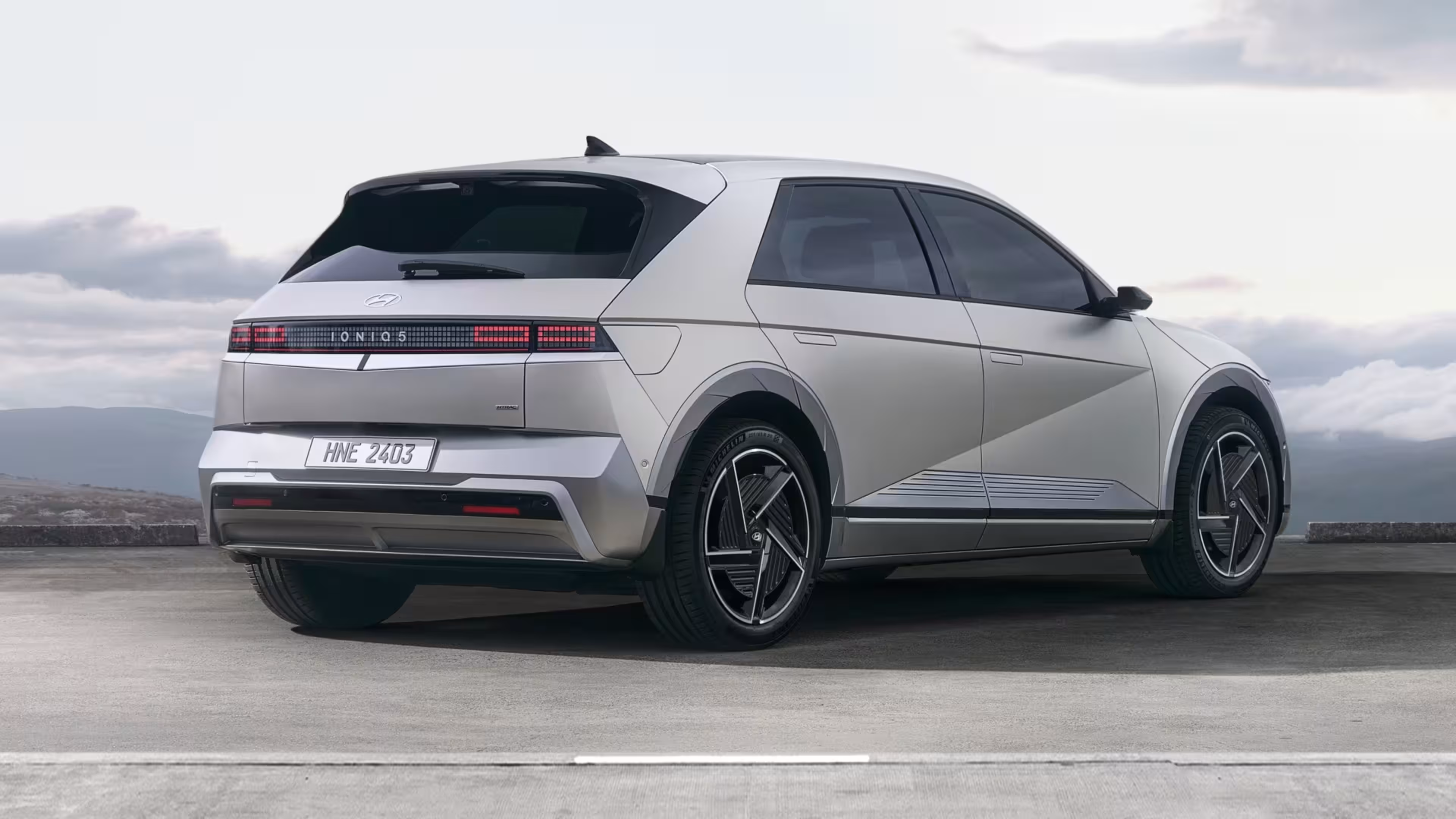If the first few months of the year are anything to go by, 2021 looks to be a turning point in the conversation about an electric vehicle (EV) future. Major car manufacturers have already made game-changing announcements, with Ford’s European arm committing to an all-electric lineup by 2030, and Volvo planning to phase out internal combustion engines by the same year, including hybrids.
Several countries have also created their own targets to eliminate petrol-powered cars, encouraging more people to switch to electric. Amongst this global push for EV adoption, Australian governments are going in the opposite direction, proposing a tax on EV owners. This is despite the fact that EVs made up less than 1% (0.75%) of the total car sales volume across Australia last year. When there was an outcry to tax the 1%, I don’t imagine this is quite what they had in mind.
Last week, the Victorian government’s proposed EV tax was branded the “worst electric vehicle policy in the world” in an open letter from 25 leading industry stakeholders including car manufacturers, infrastructure companies and environmental organisations. It has also been heavily criticised by the Electric Vehicle Council as the only policy in the world actively ‘de-incentivising’ the purchase of electric vehicles.
Alongside this, new research has shown that the idea of car ownership is rapidly changing around the country, making the tax debate near obsolete in the longer term. According to the data, there is a strong link between EVs and car subscription, with the majority (77%) of future EV adopters preferring to subscribe to one rather than buy it. A ‘car subscription’ allows drivers to get behind the wheel of a new car through small weekly payments and no lock-in contract, similar to a phone plan. So, the car can be upgraded to a newer model every few months, swapped to a different model that better suits their needs or simply returned if no longer needed.
Most Australian drivers (90 per cent) say that car subscription will make electric cars more accessible by providing another ownership option, while 76% of believe car subscription will make EVs more popular by removing the long-term commitment of buying one outright. According to a massive 80% of survey respondents, car subscription will help the uptake of EVs in Australia.
As these subscription services continue to be rolled out in dealerships across Australia, the trend away from traditional car ownership will continue - especially for EV adopters who tend to be more open to new innovations in the market. As ‘early adopters’ of technology, EV owners expect innovation from the ownership experience as much as the vehicle itself. Similar to those who upgrade to the latest iPhone every year, these drivers will be looking to upgrade to the latest model EV more frequently, and subscription allows for this.
Car safety and technology is improving rapidly and it’s difficult for the average consumer to keep up to date. Cost has been cited as the biggest barrier to EV adoption by Aussie drivers, but 74% of believe subscription will make them more affordable. People don’t want to commit to buying a new electric car, but the flexibility and affordability of a subscription allows drivers to upgrade their cars as frequently as needed. The typical subscription model requires drivers to only pay for fuel and the subscription fee, since registration, insurance and maintenance costs are covered. Without the need for petrol, subscribing to an EV means there's nothing more to pay aside from the recurring subscription payment.
The Australian government has maintained a consistent track record for stifling new car technology in Australia. The Luxury Car Tax - intended to protect the now defunct local car manufacturing industry - continues to penalise car brands that seek to include more safety and technology in their models as standard. Now, many taxes being proposed for EVs will be redundant as consumers (and specifically EV adopters) move to subscribership rather than ownership.
The decision made by State governments to help or hinder EV adoption in this country will have global consequences. As global demand for electric vehicles outstrips supply, Australia will be relegated to the bottom of the list. We should be looking at ways to make new safety technology and greener mobility options more affordable, not less. Ultimately, it’s the consumers that will lose, and not only in dollar terms.

.avif)







